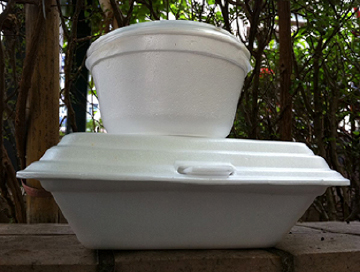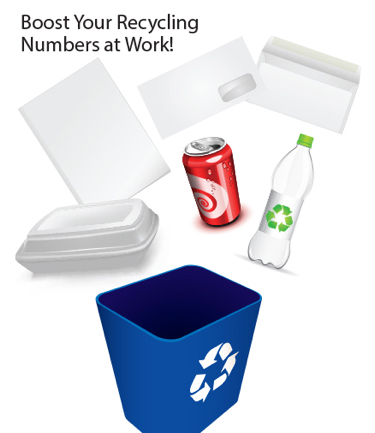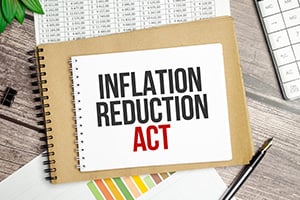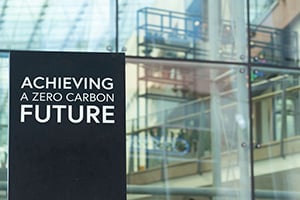 Waste cuts into profits. All corporate accountants know it. Here at Sustainable Investment Group, we know how to reduce waste with a corporate recycling program.
Waste cuts into profits. All corporate accountants know it. Here at Sustainable Investment Group, we know how to reduce waste with a corporate recycling program.
It’ll do more than reduce costs for paper supplies and garbage disposal. It’ll nurture a company culture where people think about how to be more efficient with resources.
Corporate recycling also cuts pollution and improves a company’s public image. Instead of sending garbage to the landfill to stew and release methane, a potent greenhouse gas, it can be composted and return nutrients to the stream of life.
What Can Companies Recycle?
Food scraps and paper are the most common waste materials that can be diverted. All organic material in food waste can be decomposed into nutrient-rich compost that fertilizes soil. That makes more sense than wrapping it in plastic bags and trucking it to remote locations.
Diverting waste by recycling reduces fees for garbage hauling. Organic farms, worm farms, paper recyclers and compost producers often pick up the waste at no charge, because they are happy to have a steady source of material. Some recyclers even pay for office paper waste.
Getting Started with Recycling
 To divert food waste, restaurants and employee cafeterias set up bins to sort waste by type. Packaging, especially plastic and Styrofoam, needs to be separated, too.
To divert food waste, restaurants and employee cafeterias set up bins to sort waste by type. Packaging, especially plastic and Styrofoam, needs to be separated, too.
Companies wishing to divert paper from the garbage dumpster place bins throughout the office spaces. Employees need to know that the recycling bin is for paper and not garbage, particularly liquids, foods, or chewing gum. The custodial staff or service also needs to be informed that the paper is intended for recycling.
Simple changes in habit, like printing on both sides of paper, reduce the quantity of paper used in the first place. In the washroom, people can learn to dry their hands on a single folded sheet of towel instead of grabbing a wad of towels. These little tips are not only easy to communicate but can yield big results across an organization. Departments can track their reductions and have internal competitions.
Styrofoam cups and containers present some problems in recycling programs. Few recyclers handle styrofoam. It has to be transported to special plants, which comes with transport costs.
Avoiding the introduction of styrofoam in the building altogether is best. Alternative products, like the packaging from Ecovative Design made from corn husks and mushroom mycelium, are biodegradable.
Moving Forward
Sustainable Investment Group (SIG) offers corporate recycling training among many other programs that promote green buildings and sustainability. Commercial centers produce a lot of waste and pollution, but this also presents an opportunity for substantial improvement through more enlightened practices. At our Atlanta headquarters, we take advantage of natural daylight as much as possible and compost organic waste created in the office. These practices keep everyone mindful of how their actions influence the system. With recycling, companies reduce costs, empower employees, and envision themselves as an ecosystem instead of an operation. Valuable insights arise from this mindset and contribute to positive future growth.



